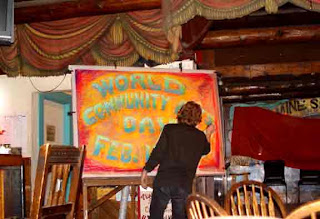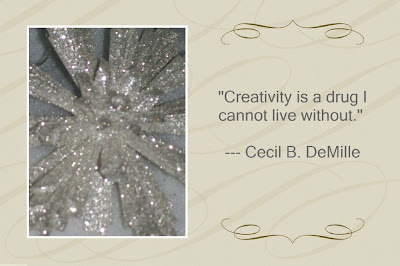The appeal of creativity has exploded during the last several years, with everyone from schools to CEOs proclaiming its importance. So does this eliminate the value of true creativity if everyone is seen as a creative thinker?
Possibly. Thinking creatively is a skill that should be taught and learned by everyone, but are we also learning how to apply that thinking for every day solutions? Probably not. Most creativity books and classes preach expressing our creativity but few help us to use it constructively.
The Arts Column in the Telegraph (via the Applied Imagination blog) recently explored this topic emphasizing the need to learn more skilled crafts or at least a practical use for creativity as this, not solely ideas has sustained humankind.
- Agree or disagree?

 With the theme “art as a catalyst for caring and sharing,”
With the theme “art as a catalyst for caring and sharing,” 

.jpg)